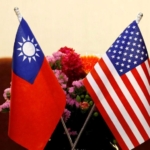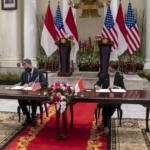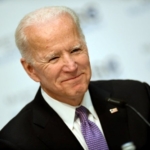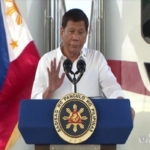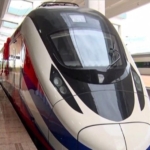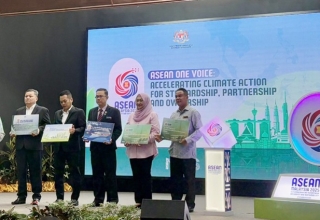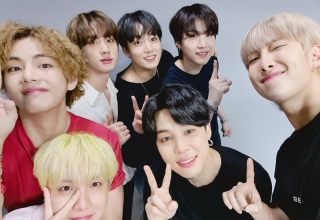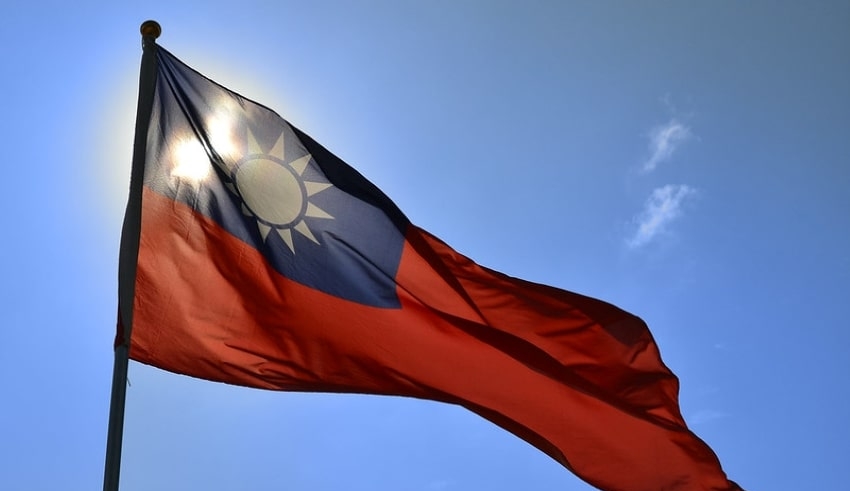
 Taiwan – Taiwan would develop economic relations with Lithuania in a “cycle of goodwill” despite pressure from Beijing, Taiwan’s de facto ambassador to the US said on Wednesday.
Taiwan – Taiwan would develop economic relations with Lithuania in a “cycle of goodwill” despite pressure from Beijing, Taiwan’s de facto ambassador to the US said on Wednesday.
Following Taiwan’s establishment of a representative office in Lithuania’s capital in November, Beijing severed relations with the Baltic state, and according to diplomatic sources, 19 Lithuanian embassy workers and their dependents had departed Beijing on Wednesday due to “intimidation” that they experienced.
In an interview, Hsiao Bi-khim, Taiwan’s envoy in Washington, said, “It is regrettable that their diplomats are being intimidated.”
According to Hsiao, they will do all they can in terms of strengthening economic relationship and technological collaboration with Lithuania. “Our connection with Lithuania, in our opinion, is a positive circle of kindness and mutual assistance,” he added.
For the time being, Lithuanian officials have said that the embassy would function remotely.
Following Vilnius’ decision to increase interaction with self-ruled Taiwan, which Beijing claims as a province, they have complained of Chinese measures to penalize Lithuania, including pressing international firms not to deal with Lithuanian enterprises.
Related Posts
Despite the fact that the US has no official relations with Taiwan, it is Taipei’s most ardent supporter, and President Joe Biden’s administration has been working to expand diplomatic space for the democratically ruled island as Beijing strives to isolate it.
When asked if Taiwan desired that the United States continue to allow it to symbolically upgrade the name of its presence in Washington from an economic and cultural office to a Taiwan representative office, Hsiao stated that it is the hope and dream of many people in Taiwan that they can be called by their normal, proper name, and this is something they will continue to communicate with their American partners.
Hsiao also mentioned that the US and Taiwan had improved the island’s weapons procurement process in recent years, moving from fewer frequent large-ticket acquisitions to more frequent announcements as part of the island’s defense reforms to discourage Chinese military action.
“Over the past five years, the US has taken a case-by-case approach to our demands. As a result, there is no aim to organize things around a political calendar or opportune time period,” Hsiao noted.
She said that this was not designed to be less provocative to Beijing, which has demanded that Washington cease all arms deliveries to Taiwan, but rather to react more rapidly to the island’s requirements.
“Given the shifting threat landscape, I believe that rather than concentrating on peacetime patrols or capabilities in prior decades, we are now focused on those capabilities that would prevent a real invasion,” Hsiao added.
